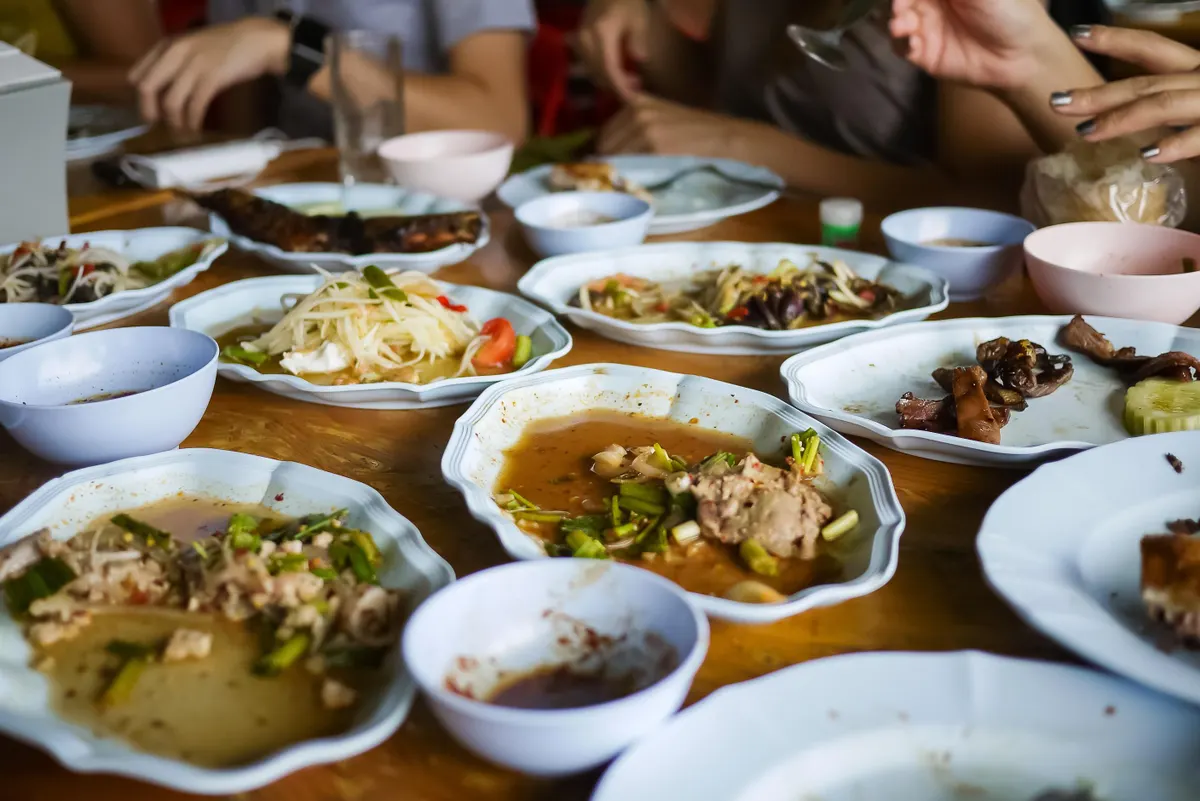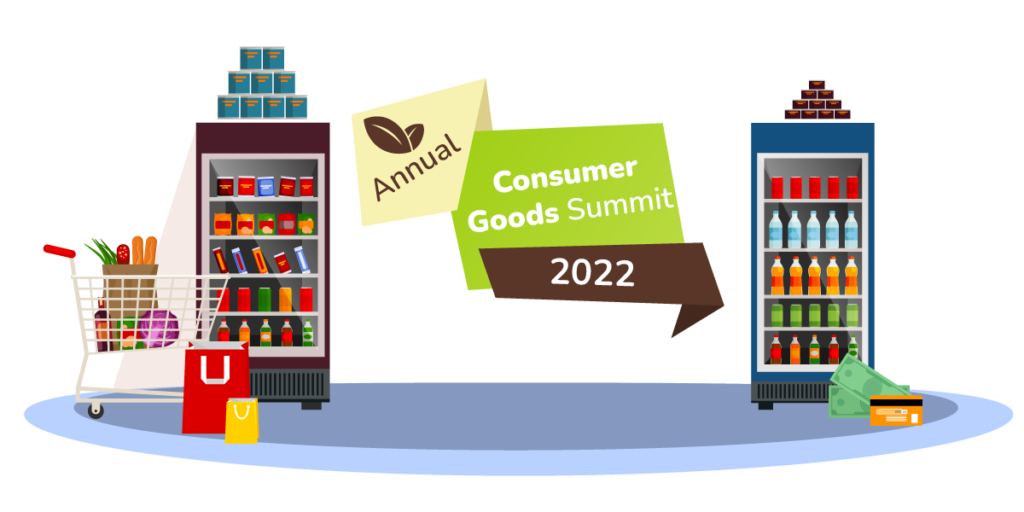Food waste is a significant challenge in the food chain, particularly at the food service level, where predicting orders and uneaten portions is difficult.
The disposal of food waste in landfills contributes to methane gas emissions and climate change. Programmes like Feeding San Diego collect unsold food from Starbucks stores to feed the hungry, but not all surplus food can be handled this way. Composting facilities have drawbacks, such as odours and pests. Innovative solutions include bio-dehydration technology by Hungry Giant, which reduces waste volume and offers various reuse options. Enzymatic breakdown systems like ExBio digest waste into drainable form, saving on waste hauling fees. WinCup provides sustainable alternatives to disposable products, such as Phade straws made from biopolymer PHA. Various alternatives exist to composting for managing organic waste streams at the food service level.




